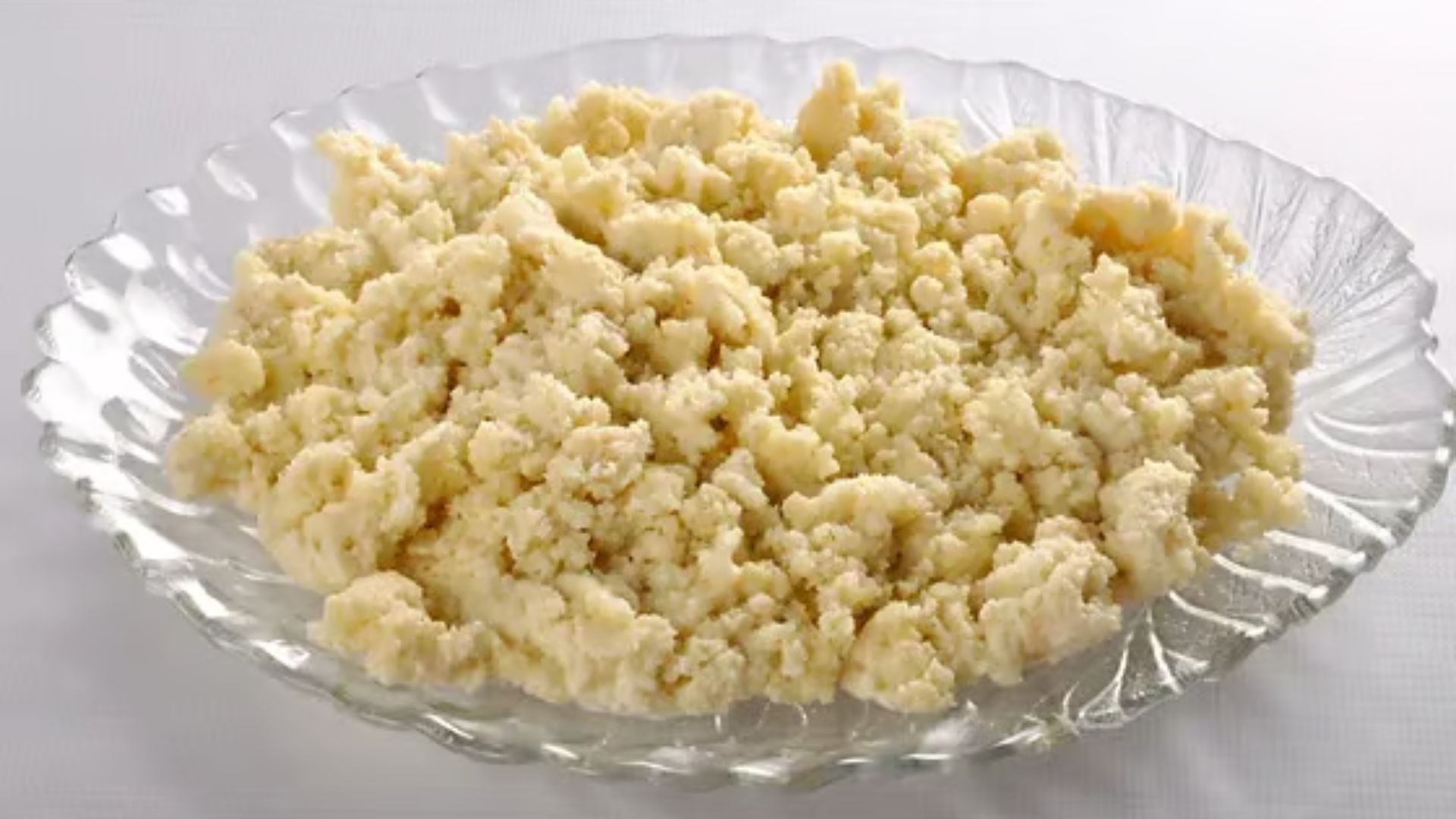
You had an amazing night out, but as morning arrives, anxiety sets in: your heart races, and you find yourself replaying every conversation from the previous night. This sensation, referred to as hangover anxiety or ‘hangxiety,’ affects approximately 22 percent of social drinkers.
While some may experience only mild unease, others feel a powerful wave of anxiety that seems insurmountable. This feeling, often known as the ‘Sunday scaries,’ can leave you feeling panicked, filled with dread, and unable to unwind. Hangover anxiety can make even the simplest tasks feel daunting. Here’s an exploration of why it occurs and what you can do to alleviate it.
A hangover represents the body’s process of recovery following alcohol consumption, leading to various symptoms. Factors like dehydration and disrupted sleep contribute significantly to the pounding headaches and nausea many experience after a big night out. However, hangovers encompass more than just physical symptoms; there’s a strong psychological component as well.
Alcohol acts as a depressant on the nervous system, altering the behavior of certain chemical messengers, or neurotransmitters, in the brain. It increases gamma-aminobutyric acid (GABA), a neurotransmitter that promotes calmness and lowers inhibitions, while decreasing glutamate, which helps slow down thoughts and fosters a more relaxed state. This interaction influences mood, emotions, and alertness, which is why we often feel more sociable and carefree when drinking.
As the effects of alcohol diminish, the brain strives to restore balance by reducing GABA and increasing glutamate. This shift results in the opposite effect, making the brain more excitable and overstimulated, which can lead to feelings of anxiety.
The reason some individuals experience hangover anxiety while others do not isn’t entirely clear, but several factors contribute to this variation. Genetics may play a significant role; research indicates that genetic factors can account for nearly half of the reasons one wakes up feeling hungover. Because genetics affect how the body metabolizes alcohol, some may endure more severe hangover symptoms, like headaches or dehydration. These intensified physical effects can trigger anxiety during a hangover, increasing susceptibility to hangxiety.
Another common trigger for post-drinking anxiety often lies in one’s behavior during drinking. After a big night, if you can’t quite recall a conversation or feel embarrassed about something you did, you might find yourself obsessively fixating on those thoughts. This cycle of worry and rumination can be challenging to break and exacerbate feelings of anxiety.
Research indicates that individuals who already struggle with anxiety in their daily lives are particularly vulnerable to hangxiety. Many people drink alcohol to unwind after a stressful day or to ease social interactions, which can lead to heavier drinking and more severe hangover symptoms. This creates a cycle of drinking to feel better, making hangxiety even more difficult to escape.
The most effective way to prevent hangxiety is to moderate your alcohol intake. The Australian guidelines recommend limiting consumption to no more than ten standard drinks per week and no more than four standard drinks in a single day. Generally, the more you drink, the more intense your hangover symptoms are likely to be.
Mixing alcohol with other drugs can also heighten the risk of hangxiety. This is particularly true for party drugs, such as ecstasy or MDMA, which can provide a temporary high but lead to anxiety during the comedown.
If you wake up feeling anxious, consider focusing on physical recovery to alleviate mental strain:
Hangxiety can be an unwelcome companion after a night out. By understanding why it occurs and implementing strategies to manage it, the morning after can become less intimidating, helping you keep anxious thoughts at bay.















